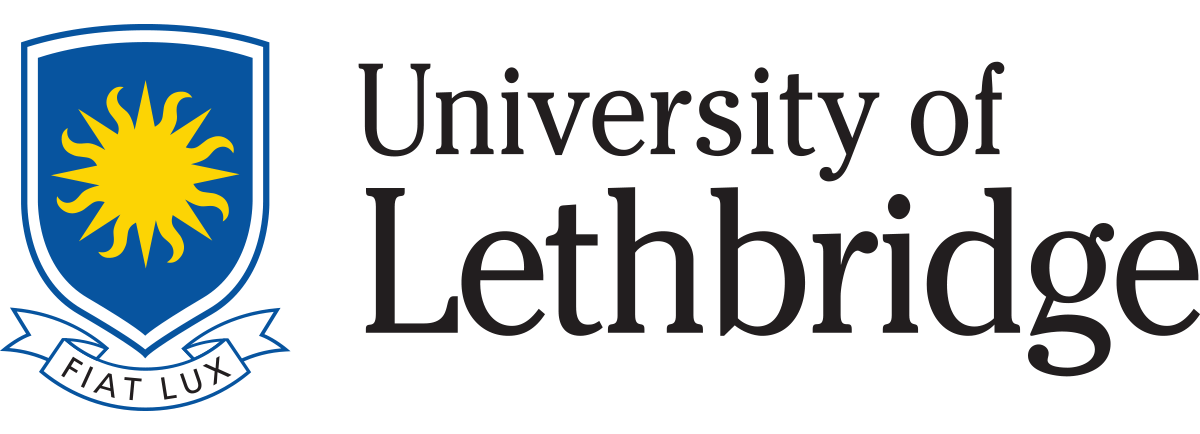CHEM 2500 is the first half of a full year course in organic chemistry taught at the University of Lethbridge.
In this course, students are introduced to the chemistry of carbon. As of the most recent curriculum revision, topics include nomenclature, structure, bonding, conformation, stereochemistry, reaction mechanisms, additions to polar pi bonds (mostly carbonyl chemistry), additions to nonpolar pi bonds (i.e. alkenes and alkynes), aromaticity and reactions of aromatic compounds. Read more about CHEM 2500: Organic Chemistry I
